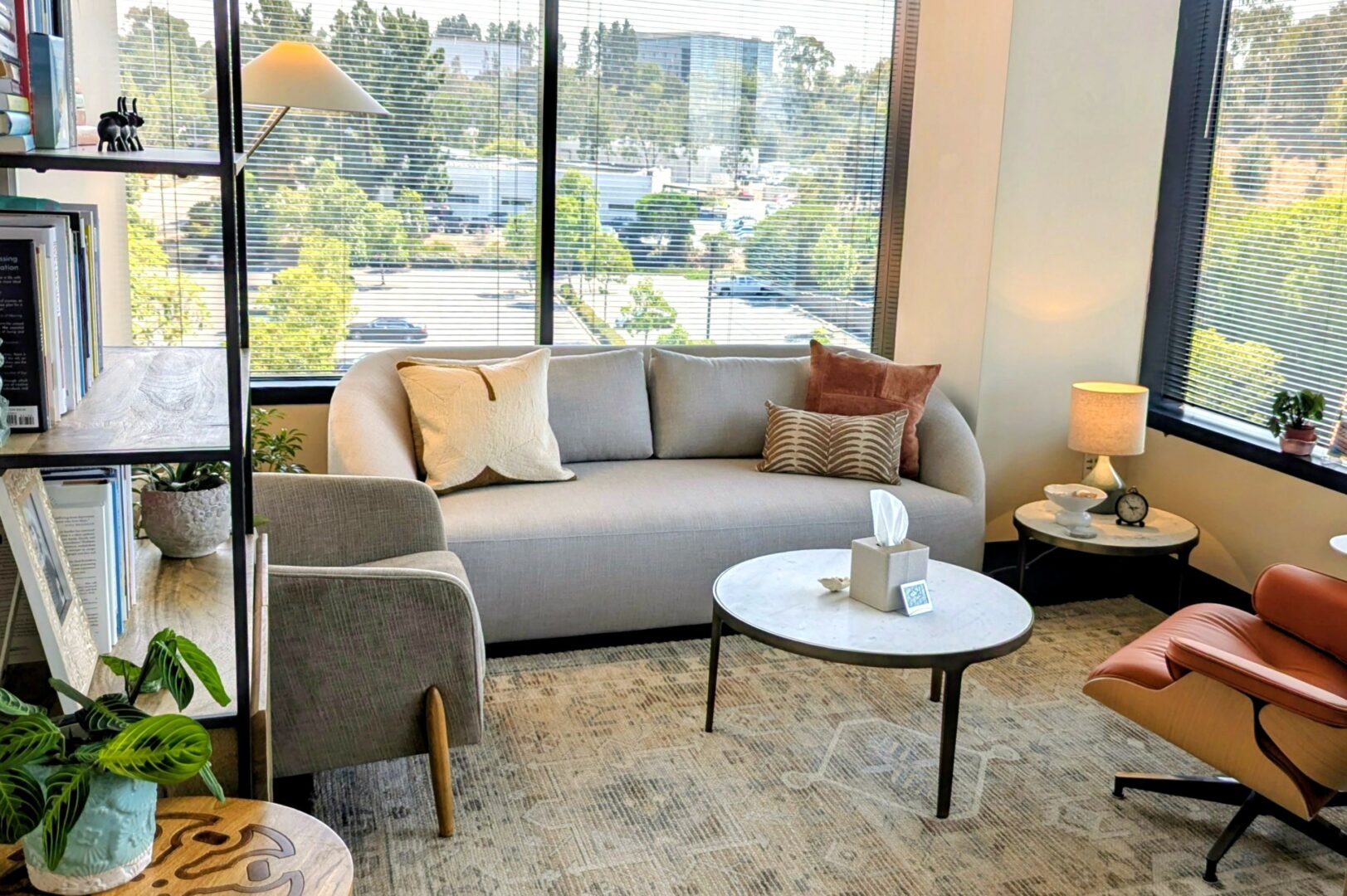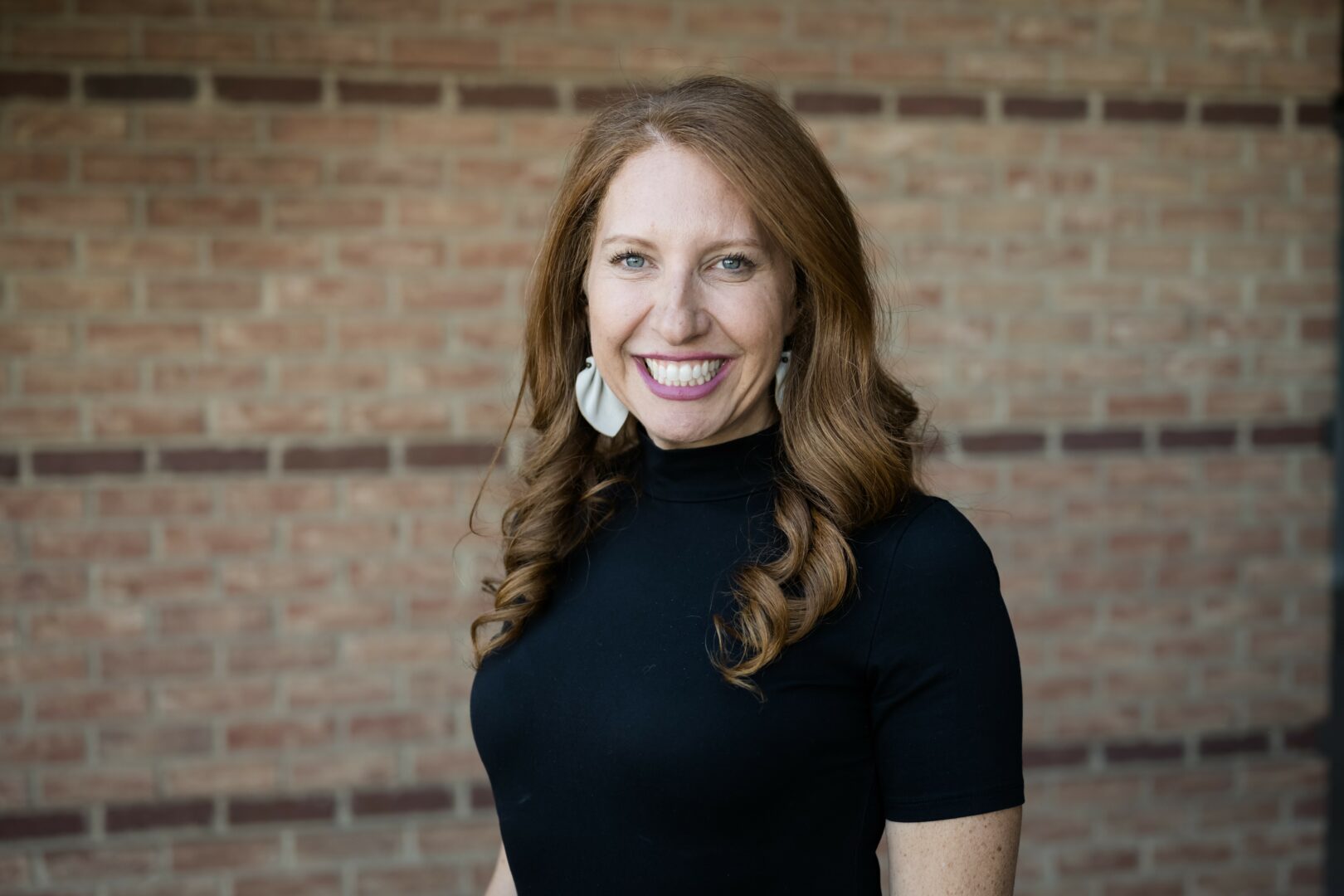We caught up with the brilliant and insightful Sarah Straus a few weeks ago and have shared our conversation below.
Hi Sarah, thank you so much for opening up with us about some important, but sometimes personal topics. One that really matters to us is overcoming Imposter Syndrome because we’ve seen how so many people are held back in life because of this and so we’d really appreciate hearing about how you overcame Imposter Syndrome.
Imposter syndrome and I go way back. After 13 years as a stay-at-home mom supporting my Navy husband and raising our kids, I decided to return to work—as a therapist. Before I had kids, I worked in higher ed, and I loved the counseling side of that work. That’s what pulled me back in. I dusted off my Master’s in Counseling, got my associate number, and reached out to a private practice that (miraculously!) took a chance on me. I’m still grateful.
I remember my new boss walking me through how to greet a client—and I had a full-blown panic attack. Who was I kidding? What was I doing there?
My first individual session was nerve-wracking. My first couples session? Terrifying. Just as I found my footing, I took on a new challenge: running groups in a drug and alcohol recovery program. Then I started a doctoral program in Applied Clinical Psychology. Then I was asked to teach in a Master’s program. I’ll never forget that first class—completely dissociated, just floating through my plan like an out-of-body experience. Total imposter syndrome.
But I kept showing up.
Fast forward five years: I graduated with my doctorate one month ago. I’ve been running my own private practice for two years as a side business, but now I do it full time. I just opened an office in Rancho Bernardo. Imposter syndrome hasn’t fully disappeared—but it doesn’t run the show anymore. I do.
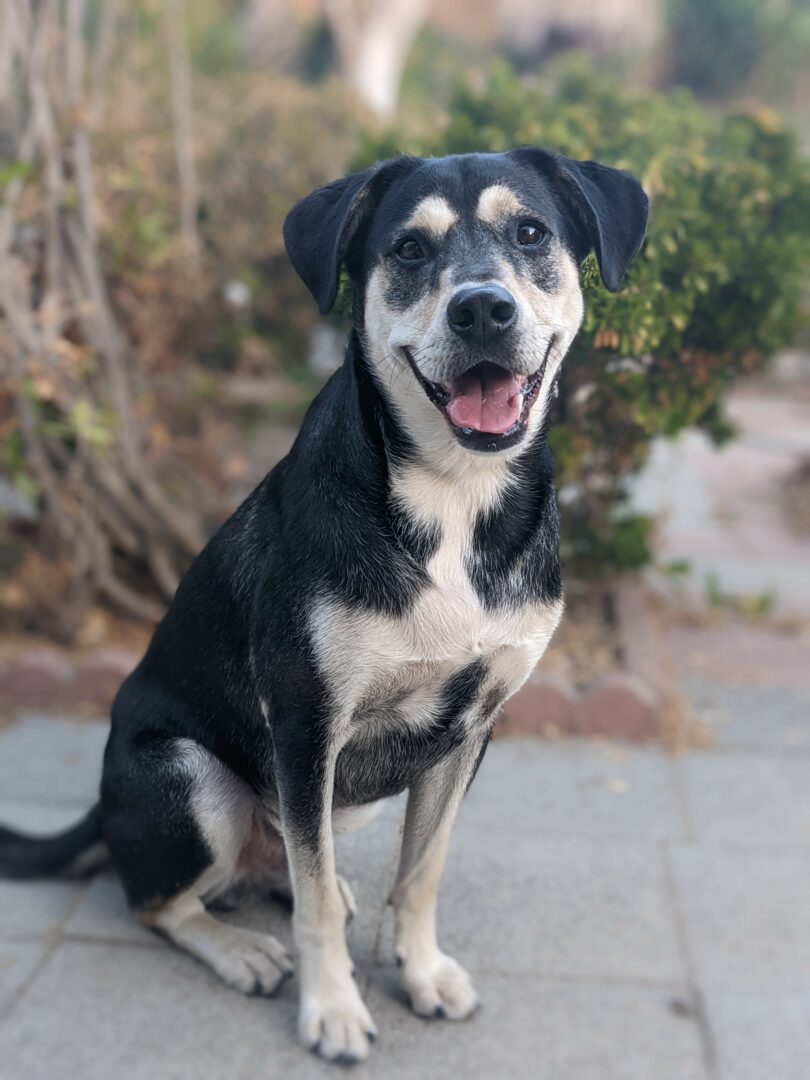
Great, so let’s take a few minutes and cover your story. What should folks know about you and what you do?
I’m a licensed therapist and the owner of a private practice where I work with individuals and couples who are feeling stuck, overwhelmed, or disconnected from themselves or in their relationships. My approach is warm, relational, and grounded in deep respect for the human experience. I help people slow down, get curious about their inner world, and move toward a more connected and meaningful life.
What makes this work special to me is the space it creates for people to show up as they are—messy, thoughtful, brave, and unsure—and still feel heard. As a therapist, I don’t have all the right answers (wish I did). I support my clients in listening to themselves in a new way, so that insight can grow into meaningful change.
This practice is the result of years spent pulling together the many threads of my life—my background in higher education, my undergrad training in studio art, my experience as a caregiver and military spouse, and my deep belief in the healing power of relationship. It’s why I’ve grown especially passionate about working with couples and bringing a creative, experiential lens to the therapy process. I believe change happens not just through talking, but through experiencing ourselves differently in the moment.
As I continue to grow my practice, I’m excited to offer more in-person work, deepen my focus on couples therapy, and eventually create small group experiences that foster connection, growth, and creativity. This is more than a job for me—it’s a calling.
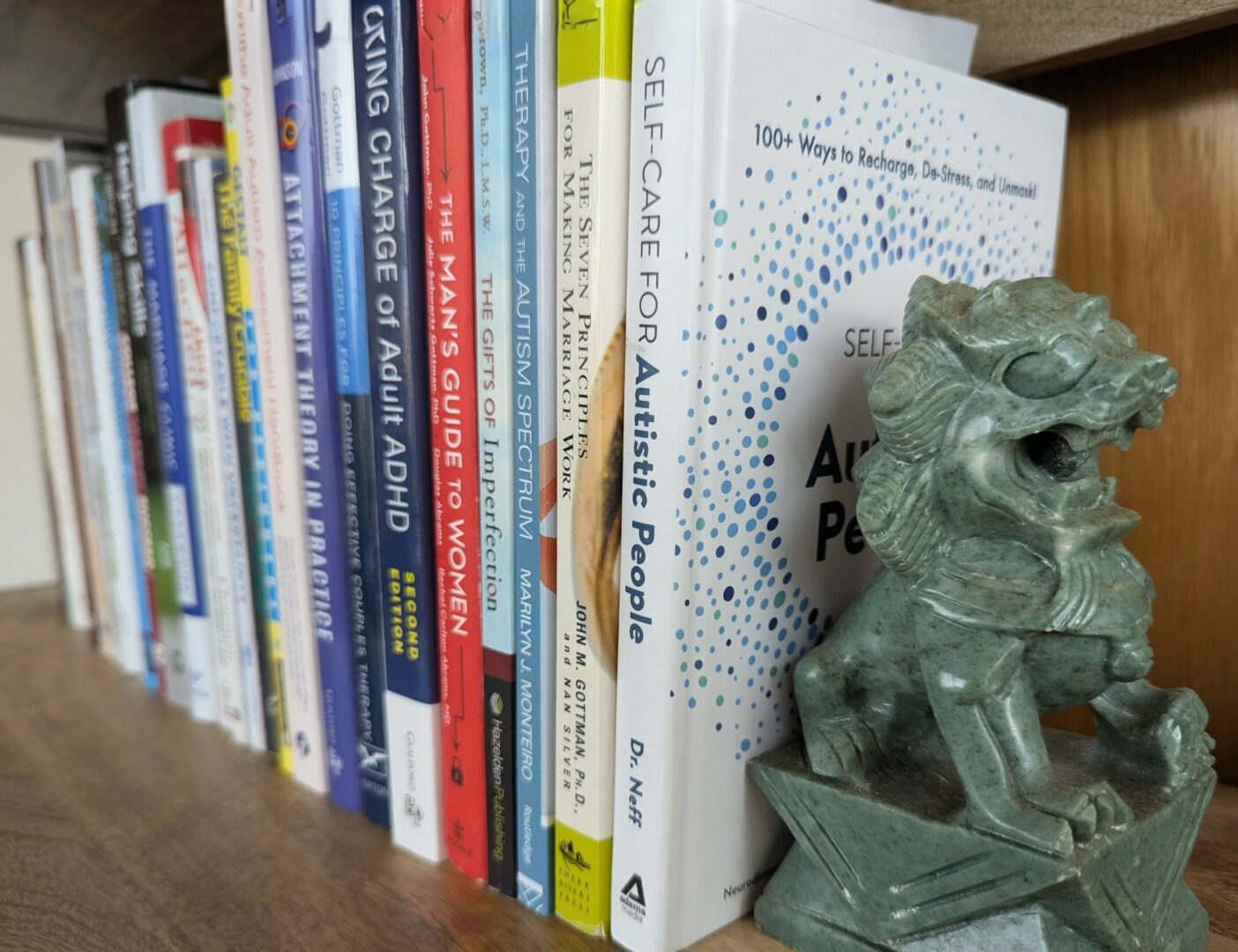
Looking back, what do you think were the three qualities, skills, or areas of knowledge that were most impactful in your journey? What advice do you have for folks who are early in their journey in terms of how they can best develop or improve on these?
Learning the Gottman Method – My first exposure to the Gottman Method was through couples therapy with my husband, seven years into our marriage. It made so much sense and truly helped us. That experience lit a fire for me—I’ve since seen the Gottmans speak in person, completed trainings, and continue to learn from their books and resources. Their work gave me a clear, research-based process for doing meaningful couples work, and it deeply informs my practice today.
Staying Grounded & Differentiated – Being able to stay present, grounded, and emotionally regulated in the moment is essential in this work. I’ve learned how to differentiate—to know what’s mine and what’s not—and to stay anchored even when clients bring intense emotions. For me, that means working from my values which serve as my personal and professional guardrails.
Trusting the Process – Especially when training or mentoring newer therapists, I see how easy it is to feel like you have to know everything or fix things right away. But therapy isn’t about having all the answers—it’s about learning a process that helps clients discover their own. I often remind new therapists: the client brings their lived experience and story; your job is to bring the process… and you get better at that with time and practice.
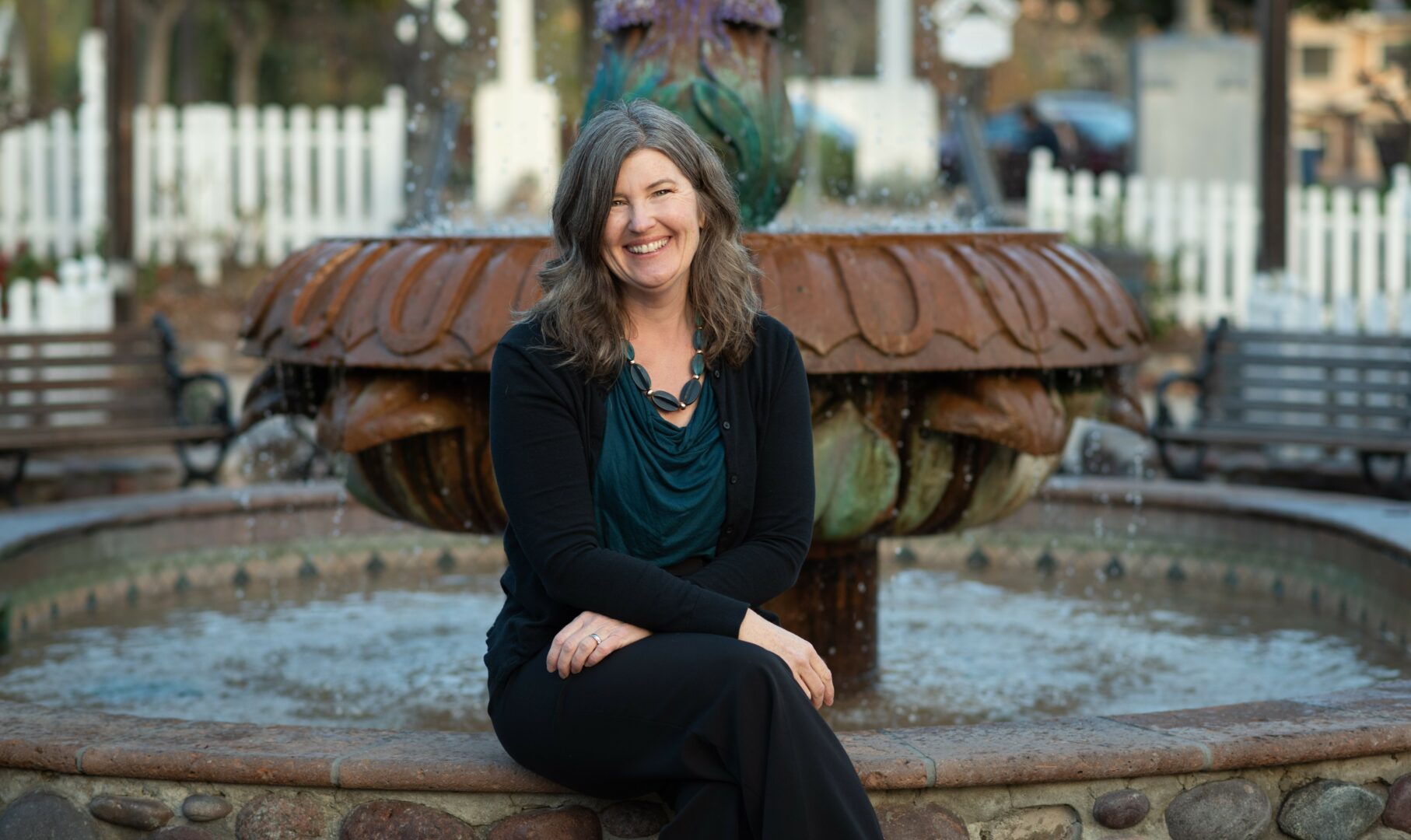
What was the most impactful thing your parents did for you?
My parents weren’t perfect, and we didn’t have a lot growing up, but they gave me something foundational: confidence and humor. I grew up in Humboldt County in the 1980’s, located behind the redwood curtain in Northern California. It was a time and place where kids could ride their bikes everywhere and we spent our free time outside. There was freedom in that—space to explore, make mistakes, and start trusting myself early on. My parents had a quiet but steady belief in me, and that belief helped me develop self-confidence that still carries me today.
One of the most lasting gifts came from my mom. She knew how to play—really play. She was funny and spontaneous, and she showed me that playfulness isn’t just for kids. It’s okay to laugh, to be silly, to enjoy the moment. That spirit is still part of me, and it shows up in my work and in my life. I take what I do seriously—but I don’t take myself too seriously. That balance has been one of the best lessons I carry forward.
Contact Info:
- Website: https://straustherapy.com/
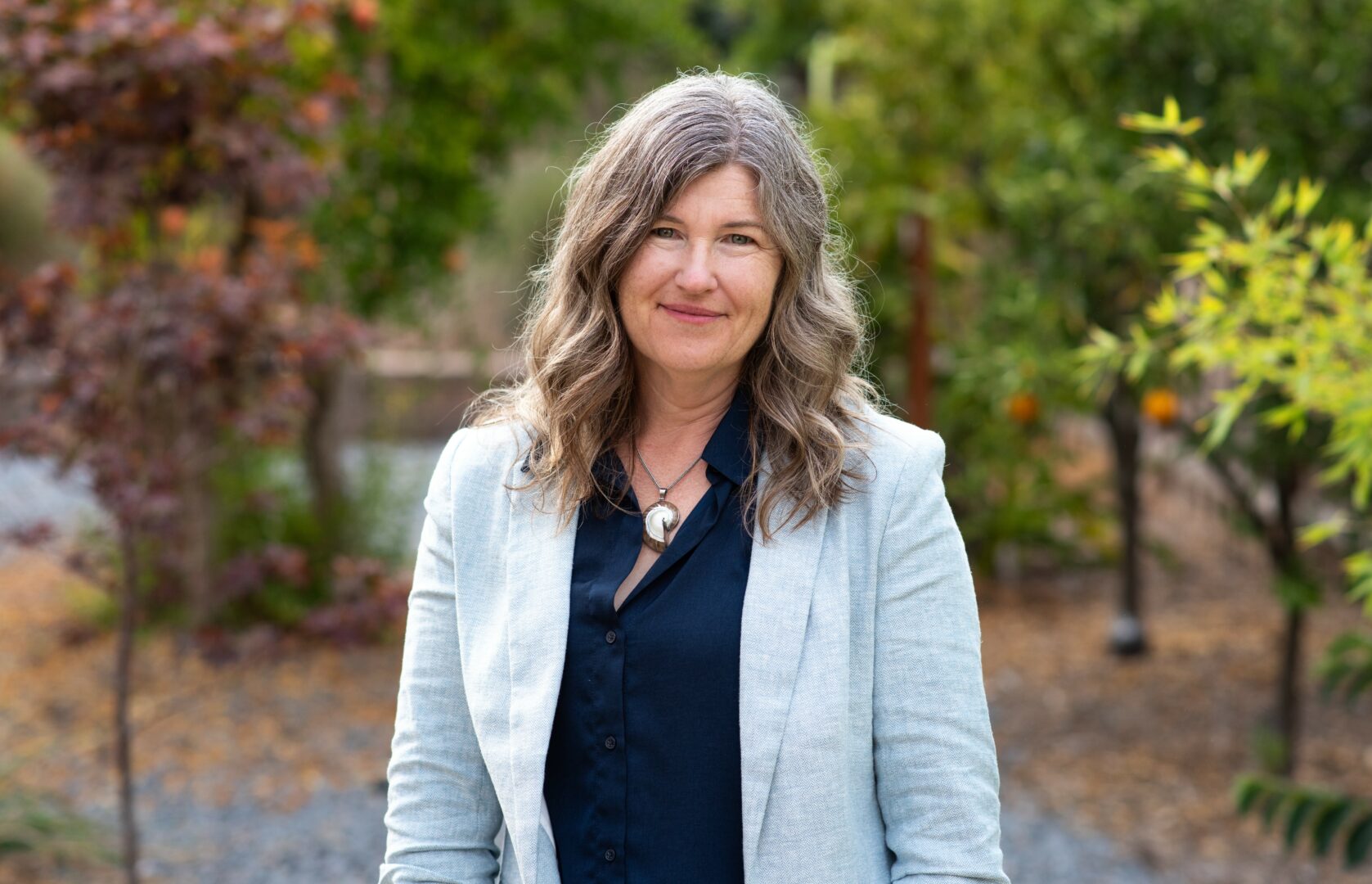
so if you or someone you know deserves recognition please let us know here.

